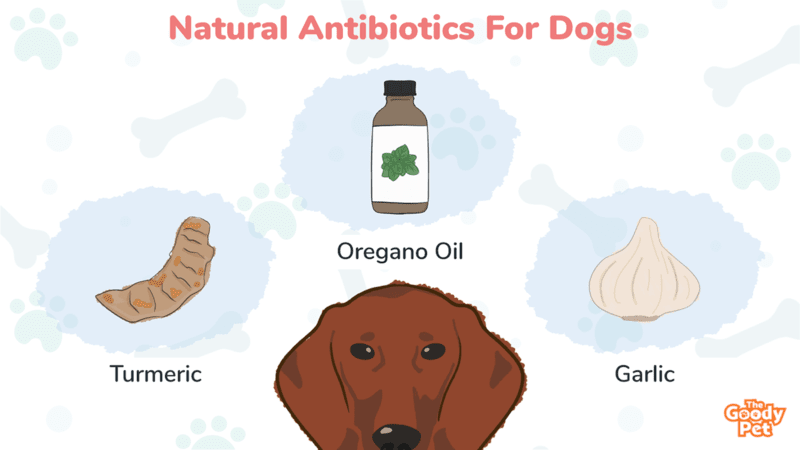If your pooch has an infection, your vet may prescribe antibiotics to treat it. But if you’re keener on using natural antibiotics for dogs to fight off infections, we’ve got some suggestions for you. Because they’re natural remedies, they reduce the risk of gut damage and resistance.
Oregano oil is the most potent natural antibiotic that helps to treat bacterial infections in dogs. Other natural options to fight off bacteria in canines include apple cider vinegar and olive leaf extract, both of which work well and are generally safe to use.
Note that each pooch may have a unique reaction to antibiotics – even natural ones. But if you need ideas on the best natural antibiotics for dogs to fight off infections, here are our top picks for you to choose from.
11. Oregano Oil
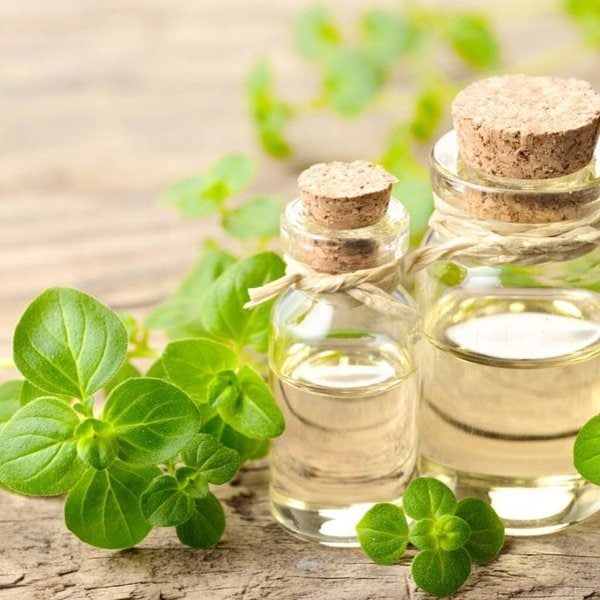
Oregano oil has been touted as the strongest natural antibiotic both for human and canine use. It is antibacterial, antiparasitic, antifungal, and antiviral. The thymol and carvacrol compounds in this herb are what make it potent for killing harmful microbes and bacteria in the body.
Use it topically to clean and treat wounds on the skin. It is also excellent for addressing mild infections but be sure to use the oil of oregano instead of the herb since the former has more thymol and carvacrol in it. And most importantly, dilute it with a carrier oil since it’s too strong and can burn the skin.
10. Apple Cider Vinegar

It’s great as a salad dressing or a warm beverage, but did you know that apple cider vinegar is also a natural antibiotic for dogs? It has antiseptic and anti-inflammatory properties that can treat wounds and skin infections.
But the best way to use apple cider vinegar is to flush out ear infections. Mix warm water with a tablespoon of ACV, then let it cool. It should be ready to use to remove debris in your pet’s ear that causes infection and irritation.
9. Plantain
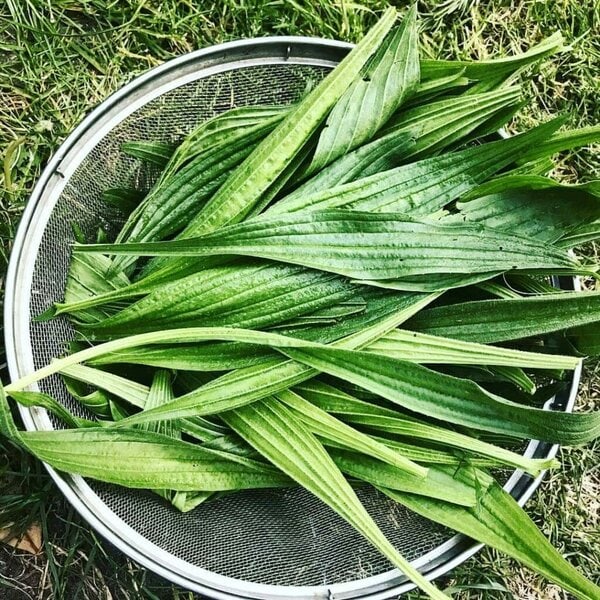
It may be just a humble, common weed, but plantain is actually a potent natural remedy to fight off bacteria and inflammation. Allantoin is a powerful phytochemical found in plantain, which kills germs, stimulates skin growth, and hastens the healing process.
The best way to use plantain for pups is by making a lotion out of it to treat rashes, sores, or any forms of skin irritation. Alternatively, steeping the weed to make tea and allowing it to cool is great for treating ear infections in dogs.
8. Calendula

These bright orange and yellow blossoms beautify your garden while providing natural remedies to your canine’s ailments. It is antimicrobial, anti-inflammatory, and antifungal and is used to heal wounds and relieve pain. As a bonus, it’s one of the few natural antibiotics for dogs to fight off infections!
Calendula can be used in many ways, such as by making a tincture out of it for topical applications or by simply mixing some dried herbs into your dog’s food. But for wounds and itching, applying it to the skin is the best way to address these issues.
7. Yarrow

Yarrow is another common weed that boasts impressive antibacterial properties. In particular, it is a powerful natural solution for bacterial infection, specifically staphylococcus. It also works well for inflamed skin, wounds, burns, and cuts.
As an antibiotic alternative, you can make some yarrow tea. Add some dried or fresh yarrow in boiled water, let it steep for a few minutes, strain and allow to cool. Transfer the liquid into a spray bottle, and you have a natural treatment for canine skin issues!
6. Goldenseal
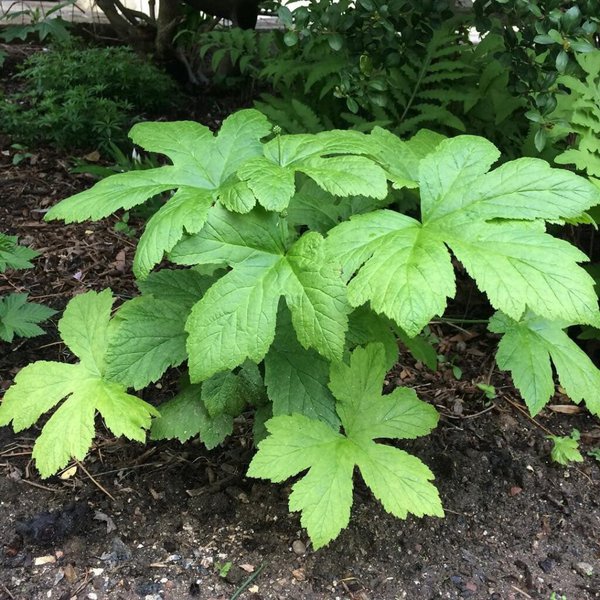
Goldenseal is packed with berberine, which gives this plant antimicrobial, anti-inflammatory, and antibacterial properties. No wonder it’s one of the best natural antibiotics for dogs to fight off infections!
When applied topically, it is a great disinfectant for wounds, cuts, and burns. But when ingested, goldenseal helps with influenza, kennel cough, giardia, and worms. It has a bitter taste, though, so you may want to mix it in with your pooch’s food to conceal the less-than-pleasant flavor.
5. Manuka Honey
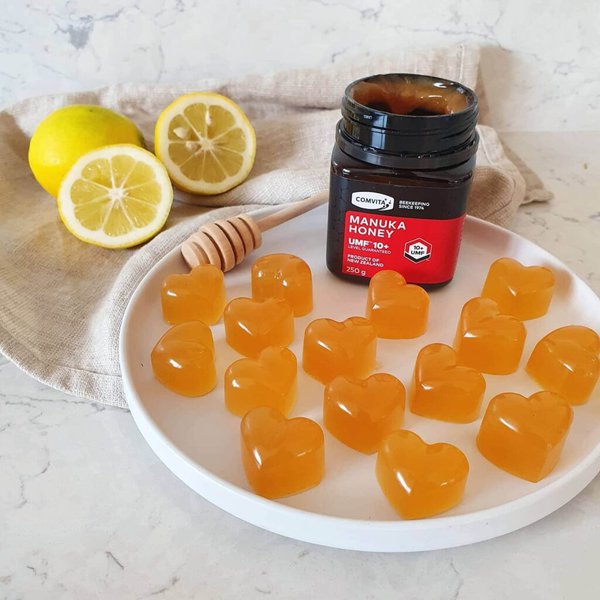
Honey’s healing power dates back to ancient times when it’s been regarded as a natural treatment for infection, inflammation, and fungal issues. No wonder it’s a superfood, which your pup can definitely benefit from, too!
Since Manuka honey has a delightful, sweet taste, it should not be too difficult to give it to your pup. Just be sure to limit the amount of honey you give to your pet, especially if he has diabetes.
4. Garlic
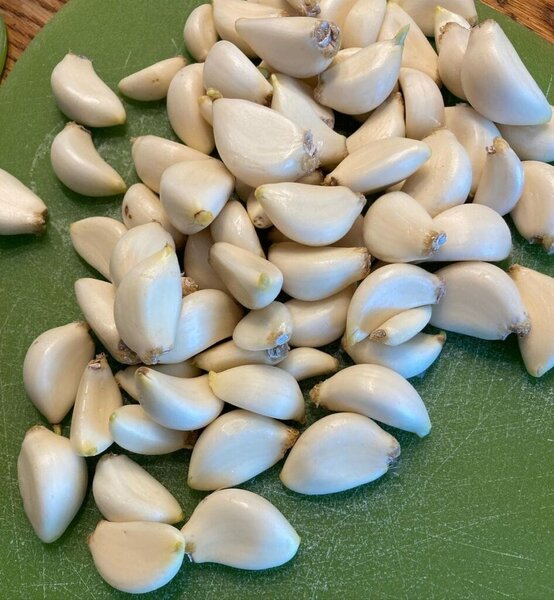
They may have a bad rap when it comes to canines, but garlic is safe for dogs only when given in small amounts. A moderate amount is even considered to be beneficial, especially for preventing tumors and deterring pests. What’s more, it’s a great natural antibiotic for dogs to fight off infections.
Garlic is antiseptic, so you can use it to treat fungal infections. The allicin in garlic is what makes it effective for fighting bacteria and parasites, as well as different strains of E coli. Make sure you give a small amount of garlic to your pooch and avoid administering it to very young puppies or pregnant canines.
3. Olive Leaf Extract
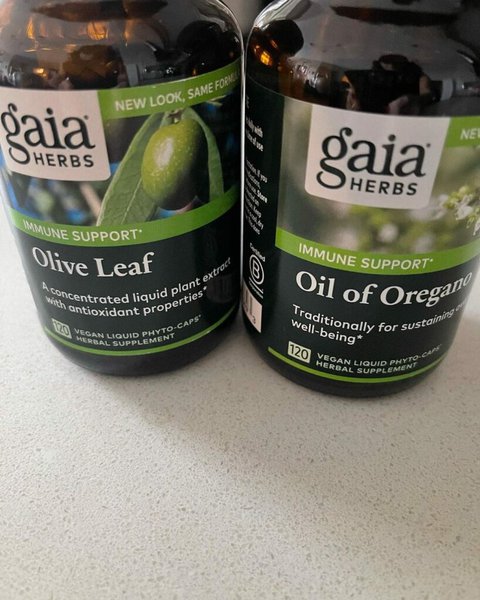
Another natural antibiotic for canines, the olive leaf extract, is packed with antioxidants that makes it effective for reducing inflammation. Its active ingredient is oleuropein, which helps to compact infections caused by bacteria and parasites.
You may either administer olive leaf extract topically or internally to your pooch. Add half a teaspoon or one full teaspoon of this potent extract to your pet’s dry food to help fight off infection.
2. Turmeric
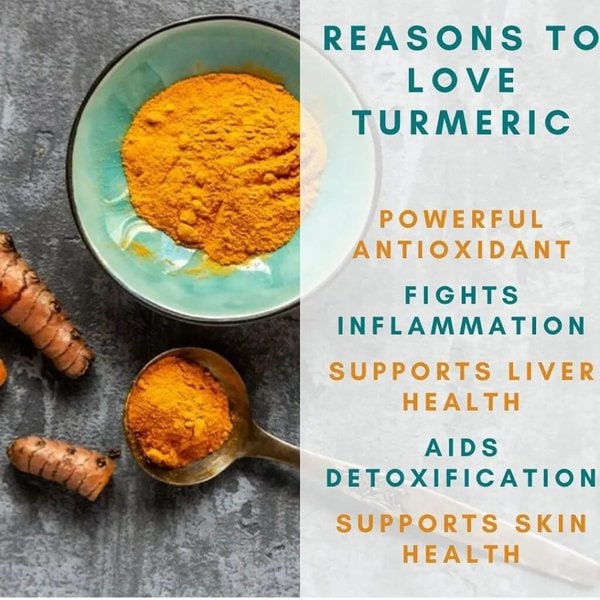
A powerful anti-inflammatory and antibacterial herb, turmeric helps boost the immune system and speeds up the healing of wounds, scratches, and scrapes. It also fights off the infection, thanks to the curcumin found in turmeric.
When treating skin issues, you can mix aloe vera gel and turmeric powder to create a paste that you can directly apply to the affected area. You can also feed a small amount of turmeric to your pooch, with the amount depending on your pet’s body weight.
1. Coconut Oil
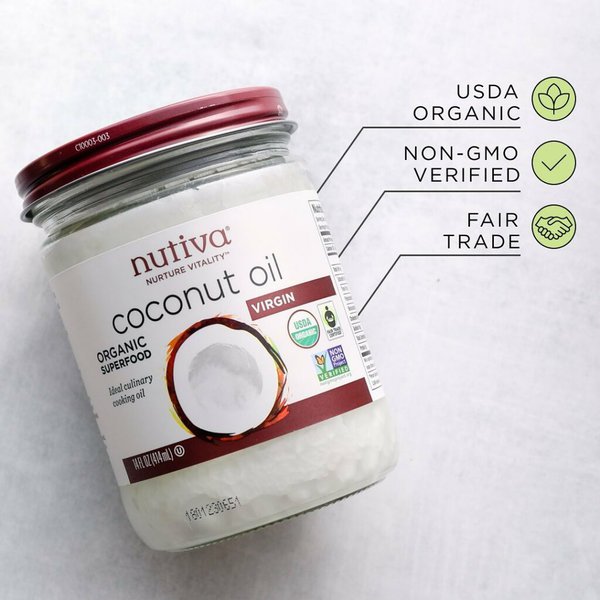
Moisturizing, soothing, and anti-bacterial coconut oil is one of the most trusted natural antibiotics for canines (and humans)! It is also antifungal and can treat wounds, dry skin, and infections. Plus, it smells good, too!
The best way to administer coconut oil for your pup’s needs is by adding and mixing one teaspoon with your pet’s food. You can also massage the oil directly into the skin, which is ideal for rashes, hot spots, and dry patches.
Related Questions
Can Antibiotics Be Harmful To Dogs? Antibiotics can be harmful to dogs as they destroy both harmful and beneficial bacteria. So, while it can kill bad bacteria, it can also cause your canine to develop other problems such as gastrointestinal issues due to an imbalance in the gut. It is also important to administer the right amount of antibiotics which is 5 to 10 mg per lb of your dog’s body weight.
Can Antibiotics Cause Dogs To Lose Appetite? Yes, it is possible for antibiotics, when taken to cause dogs to lose their appetite. Other symptoms linked with antibiotic intake include nausea and lethargy, which can impact your pooch’s appetite.
When Should I Stop Giving My Dog Antibiotics? Your dog needs to remain on its prescription for antibiotics until its intestinal lining has completely healed to prevent further infection. Ultimately, you should follow your vet’s advice when it comes to administering and stopping the use of antibiotics for your pooch.

